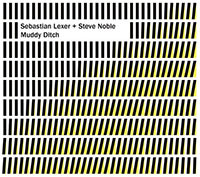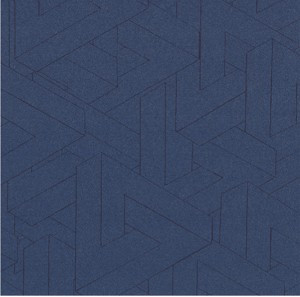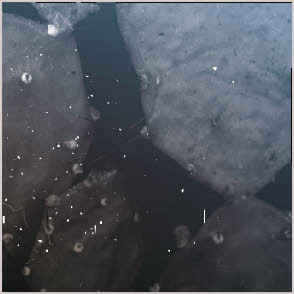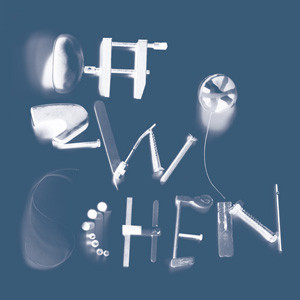Sebastian Lexer
Muddy Ditch
Sebastian Lexer (piano+) and Steve Noble (drums and percussion) first played together in the winter of 2011 and what seemed like an unlikely, even oppositional, pairing quickly proved itself to be an extremely well-matched one. Noble\'s sharp vertical hits and Lexer's sustained horizontal textures echo, disrupt and enrich each other, producing music full of complex slants and intricate resonances.
Sebastian Lexer : piano+. Steve Noble : drums and percussion. Recorded by Giovanni La Rovere at Ca…
Impossibility In Its Purest Form
Percussionist Eddie Prévost not only co-founded the British improvising collective AMM more than 45 years ago, he is its chief annotator and its sole consistent member. With these dual roles he has both explained the aesthetic, political and ethical dimensions of an enterprise dedicated to constant self-examination and on-stage negotiation, and ensured the music’s immediacy through the agency of his exactingly tuned-in playing. But before he did any of that, he was a fine jazz drummer wit…
Lost Daylight
'The compositions on Lost Daylight' by John CAGE and the almost-forgotten American Fluxus composer Terry JENNINGS date from between 1958 and 1966. Yet in the hands of John Tilbury and Sebastian Lexer they sound astonishingly modern. JENNINGS' solo pieces couldn't be more conventional in using only pure keyboard notes, but they could hardly be more radical in the way in which the notes are reduced, isolated and surrounded with silences. As Michael Pisaro's sleevenotes say, 'It is music of simplic…
Dazwischen
Sebastian Lexer piano +. Recorded at the Electronic Music Studios, Goldsmiths, University of London on 16th November 2008. Max/MSP programming, recording and mastering by Sebastian Lexer. Notes by Eddie Prévost, Ian Stonehouse and John Tilbuy. Design by Myah Chun. I am impressed by the varying degrees of intentionality and the spatial deployment of sounds (isolated, remote, etc.) which enrich Lexer's music. Shades of Cardew and Wolff. For example, in an ensemble the piano sound can be effectivel…



